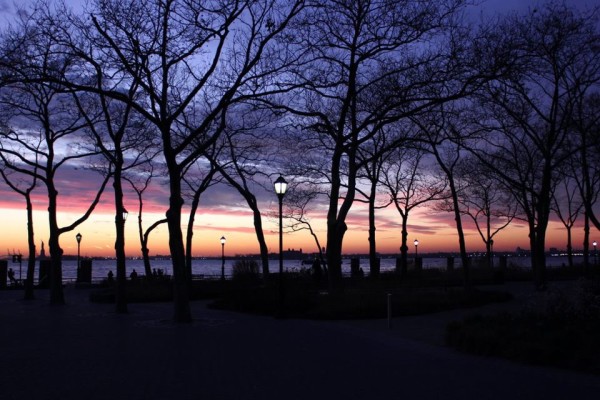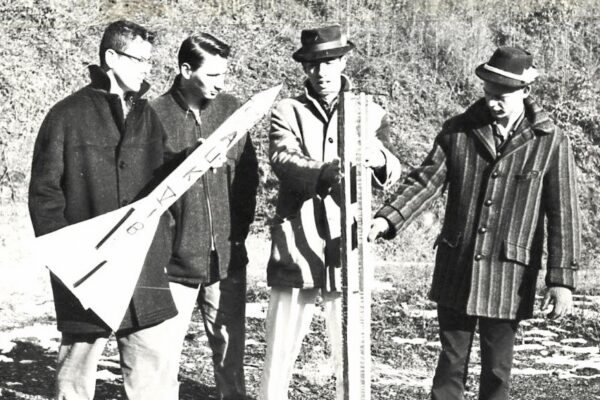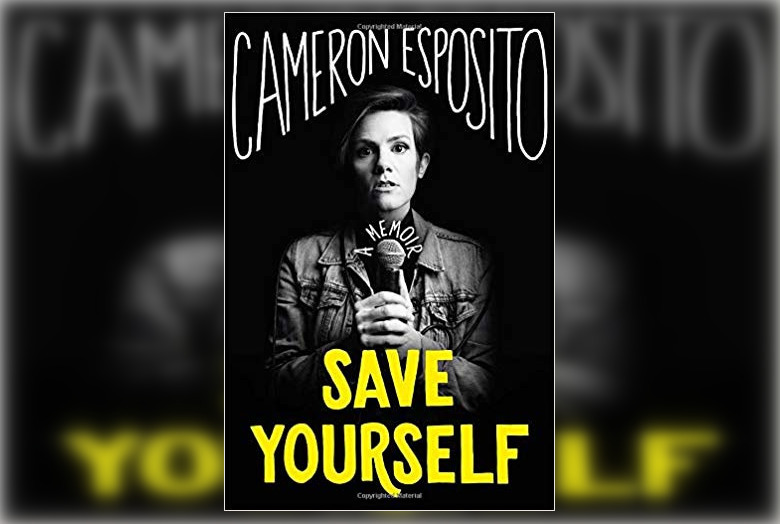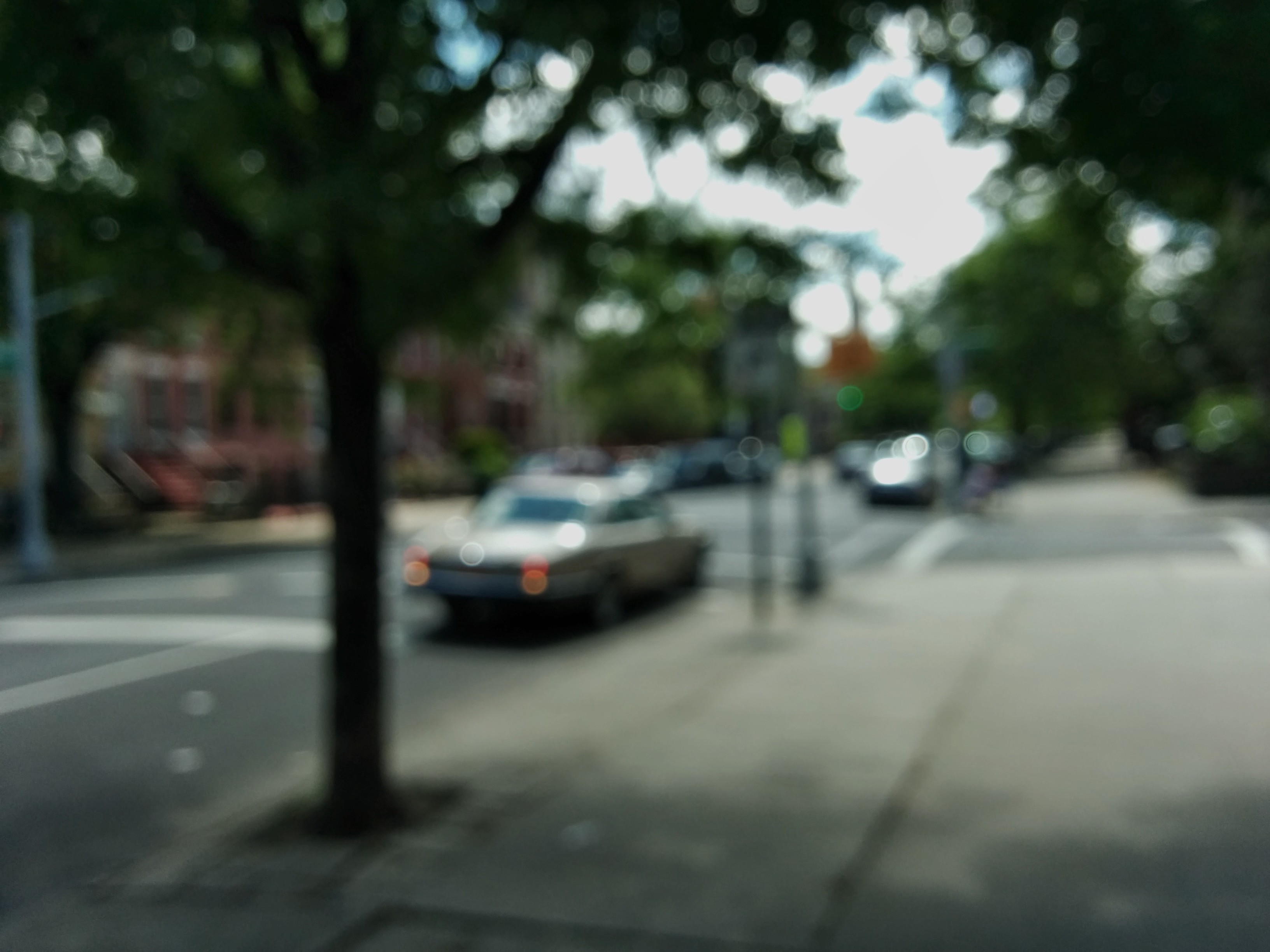After five hours of class in the same room, only one hour of sleep in the past 48 hours, and no dinner, I needed to go home, but I didn’t want to. I needed to eat, but couldn’t imagine being satisfied by food—not in the way I needed to be. Most importantly, there were things that I needed to be doing, but didn’t care to do anymore. So I put down my books and started walking. I walked east until I hit Morningside Drive—the eastern edge of Columbia’s campus and the western ridge of Morningside Park, overlooking the park’s constellation of orange street lamps floating over dimly lit pathways and park benches like the only connections in the night’s darkness. As inviting as the space looked, walked south, down Morningside Drive.
A person was walking ahead of me, and I caught up to her with my typically brisk pace. Because I didn’t care anymore, I started talking to her. Amelia was “third-year” at Columbia College who was just walking back to her dorm to study. I still wasn’t used to people saying they were third-years instead of juniors.
“When I was a first-year, I was really alone, too, but I found a sense of community. I started going to mass at the Methodist church around here. Have you ever thought about that?”
I hadn’t, because I was not and never had been a person of faith. Nor was I a first-year, but I won’t deny that I looked like one. And I won’t deny what a person walking alone and starting a conversation with a random stranger looks like. Why bring up something so obvious, though? I asked her about what good Thai or Vietnamese restaurants were nearby. Maybe if I could just get something that I really wanted—something simple—I could be satisfied. Because when life bowls you over, start over, and start small, like the afternoon I spent looking for a store that sold the spicy flavor of V8 tomato juice. If I could get this little, minor thing, I could get on with the rest of my life. But I didn’t find a place that had it, even among entire walls of coolers filled with hundreds of brands, from higher end organic fruit smoothies to everyman’s orange drink, I couldn’t find a single bottle of spicy V8. After at least two hours of walking up and down streets, in and out of stores, and ultimately suffering a mildly soul crushing defeat instead of an easy win, I gave up another line of my life and moved on.
“You should really get something to eat. You’ll feel a lot better.”
Maybe I would get something to eat at one of the few nearby Thai and Viet restaurants, and I probably would feel better, but it likely wouldn’t last long. And I didn’t have the motivation. We went separate ways at the end of Morningside Park, finally level with its grounds.
“Go get something to eat. You really shouldn’t be walking alone at night.”
I didn’t get anything to eat, and I kept walking east on 110th. I passed Central Park and paused at Fifth Avenue. I thought about where I might go next: straight, left, right—each way just another dim, orange street in a city, leading nowhere into the distance. So I turned around and started heading home, as I should have before I’d even started walking.
On the train home, taking the 1 three stops from 116th to 157th, coming up for air for 125th, and then submerging for 137th and 145th; the blue and white lights streaking past like stars in space, and the train was a space shuttle traveling at warp speed. I decided to find someone to stare at. There was a young Hispanic man standing on the other side of the connector doors, in the next train car. I faced him, unblinking, unflinching, almost wanting to stare through him—not with intensity, but with persistence—as if my dead gaze could slowly bore through his forehead, eat its way through his brains, and explode out the back of his skull. He saw my eyes, turned his head down, and probably thought of us as another case of accidental and unfortunate eye-contact on the subway—another brief encounter to brush off the shoulder. But I wasn’t going to be brief. And he was going to look up again, hoping I was gone. But there I was—my unrelenting, overwhelming stare. The more he glanced there and back again, the more I could tell how much he wanted the break that I wasn’t going to give him—how much he wanted me to stop. He didn’t have to want a break, and I didn’t have to stop. Until, of course, we hit my stop. I got off and started walking down the platform. I noticed he had gotten off too, but was walking up the platform, towards the car I had just left.
When I got to street level, I could hear the sound of a punkish rock band coming from somewhere—the vocals muddled by naturally overpowering percussion. I had heard the same music a few times before, at around the same time, just coming from somewhere in the air, but had never bothered to look for its source. Tonight was different—mainly in that I no longer cared—so I set myself to finding it.
I listened carefully, and then looked up. I spotted a corner of second floor windows, half open and green from the inside. I circled around the block’s Broadway side, trying to find the way up. The shops below alternated between gourmet bodegas and glass retail fronts which gave off an inviting glow, but were closed and empty like a high-end furniture showroom, or a dead living room. I couldn’t find any entrances between the stores on Broadway, so I turned the corner onto 157th. A blue awning hung over a brightly lit doorway whose yellow light flooded the sidewalk and faded into the street. As I walked closer, the music got louder. I recognized iglesía on the awning, and, knowing what it meant, hesitated for a second. But then I remembered that tonight was special, so I stepped through the door.
The lobby was a small, square room, painted baby blue, with a gray elevator directly across from the entrance. The reverb of live singing and cymbals echoed down a stairwell to my left. Its walls, the bottom half baby blue and the top half reflections, formed a hall of mirrors, and as I went up I saw myself ascending the stairs forever. After two flights, the steps reached a set of glass double doors that were propped open and reflected an incandescent glow. A gray-haired abuelita and a table of chips and juice boxes stood at the end of a short hallway on the other side of the door—behind them, darkness, and the echo of Spanish congregants. The woman greeted me with a barely audible “Bienvenido,” and a firm handshake. She motioned towards the table of snacks, but I declined with a smile and a “No, gracias,” and walked past, hoping I didn’t offend her with my terrible accent or brisk shoulder to hospitality.
I walked into the back of a high-ceilinged room. My eyes started to adjust and I realized that the room wasn’t dark, but had only seemed so because the stairs and hallway had been so bright. The A/V booth and camera platform were in front of me, while rows of stacking chairs and stage were to the right. I took an aisle seat hallway toward the front. Most seats in the back were taken by adolescent audience members, talking to each other mouth to ear. The front, though, was still pretty full. A few in the front even stood, hands raised in praise, swaying to the music. One hand kept swaying in and out of a green stage light’s ray, creating a shadow that flickered over the right half of the room. The rest was lit by another green light on the other end of the stage. The lights shone on either side of the band, which was made up of two guitarists on the left, a chorus on the right, a drummer back center, and the lead vocalist at the front, calling on us to “escuche al nombre Jesús”. All were dressed in black, but not for a funeral. The vocalist was a tall and beautiful Latina with long, dark hair and well-toned arms—one swayed in the air while the other held the microphone.
High on the wall behind her was a video projection that cut between close-ups of every single emotion for every single note into which contorted her sculpted face, and wide shots of the whole band, which, with the video camera capturing the its own projection in the scene, created infinite bands in an endless hallway of a video feedback loop that gradually twisted into a Fibonacci spiral and lagged behind reality by noticeable milliseconds.
I sat in my seat, satisfied that I had found the source and was now inundated by it; its sound shaking, pushing, and pulsating outwards towards me, through me, from feet to crown until I nodded my head like a tuning fork to the beat. I couldn’t understand the song, but could feel it—the music that brought a congregation together under one God. The kind of music that turns stranger into brother in blissful communion. I almost stood up myself, but started to care again.
I had arrived in the middle of the last song, though, and at its end, the singer called up those seeking their God’s love. Five young Hispanic men, all wearing black T-shirts with their black hair slicked back, got up from my row and I backed up to let them out. Each of them shook my hand on their way into the aisle and toward the front of the stage. I figured I’d go home then, since the music was done—and I had assignments to do. I tried to work, but couldn’t get the notes of the chorus out of my head.
—
Kenny Ong is a second year MFA candidate in nonfiction writing at Columbia University. He is from Washington Township, New Jersey.




